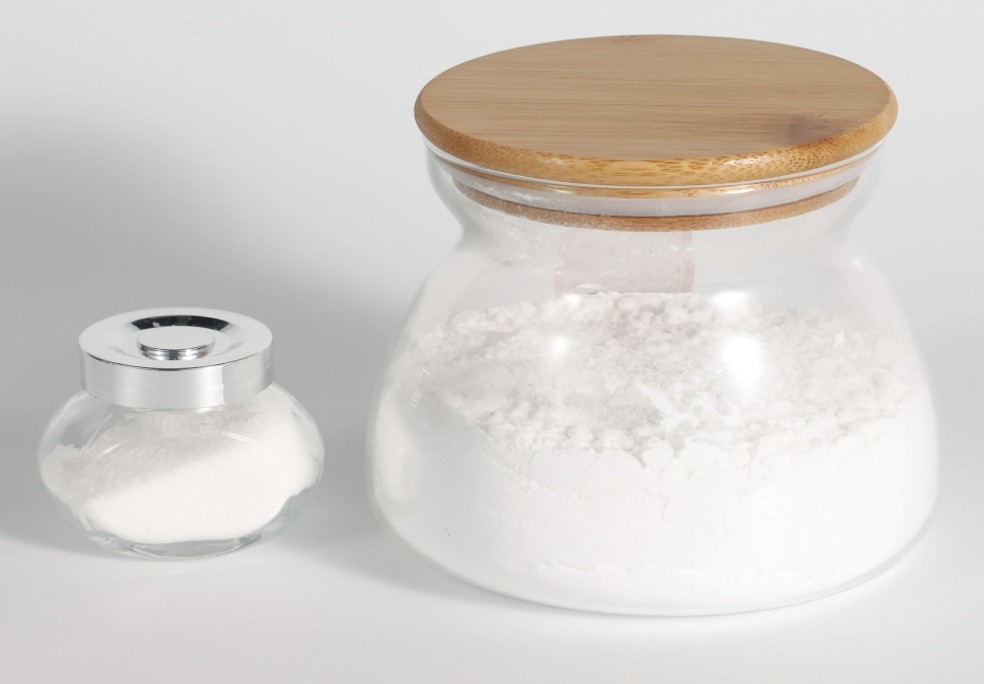Diethylstilbestrol (DES, former BAN stilboestrol) is a synthetic nonsteroidal estrogen that was first synthesized in 1938. It is also classified as an endocrine disruptor. Human exposure to DES occurred through diverse sources, such as dietary ingestion from supplemented cattle feed and medical treatment for certain conditions, including breast and prostate cancers.
From about 1940 to 1971, DES was given to pregnant women in the mistaken belief it would reduce the risk of pregnancy complications and losses.
In 1971, DES was shown to cause a rare vaginal tumor in girls and women who had been exposed to this drug in utero. The United States Food and Drug Administration subsequently withdrew DES from use in pregnant women. Follow-up studies have indicated that DES also has the potential to cause a variety of significant adverse medical complications during the lifetimes of those exposed.
The United States National Cancer Institute recommends women born to mothers who took DES undergo special medical exams on a regular basis to screen for complications as a result of the drug. Individuals who were exposed to DES during their mothers' pregnancies are commonly referred to as "DES daughters" and "DES sons".
A synthetic, nonsteroidal estrogen. Recomended solvents are DMSO, DMF and ethanol, even in these solvents do not store in solution for any prolonged period of time.






















